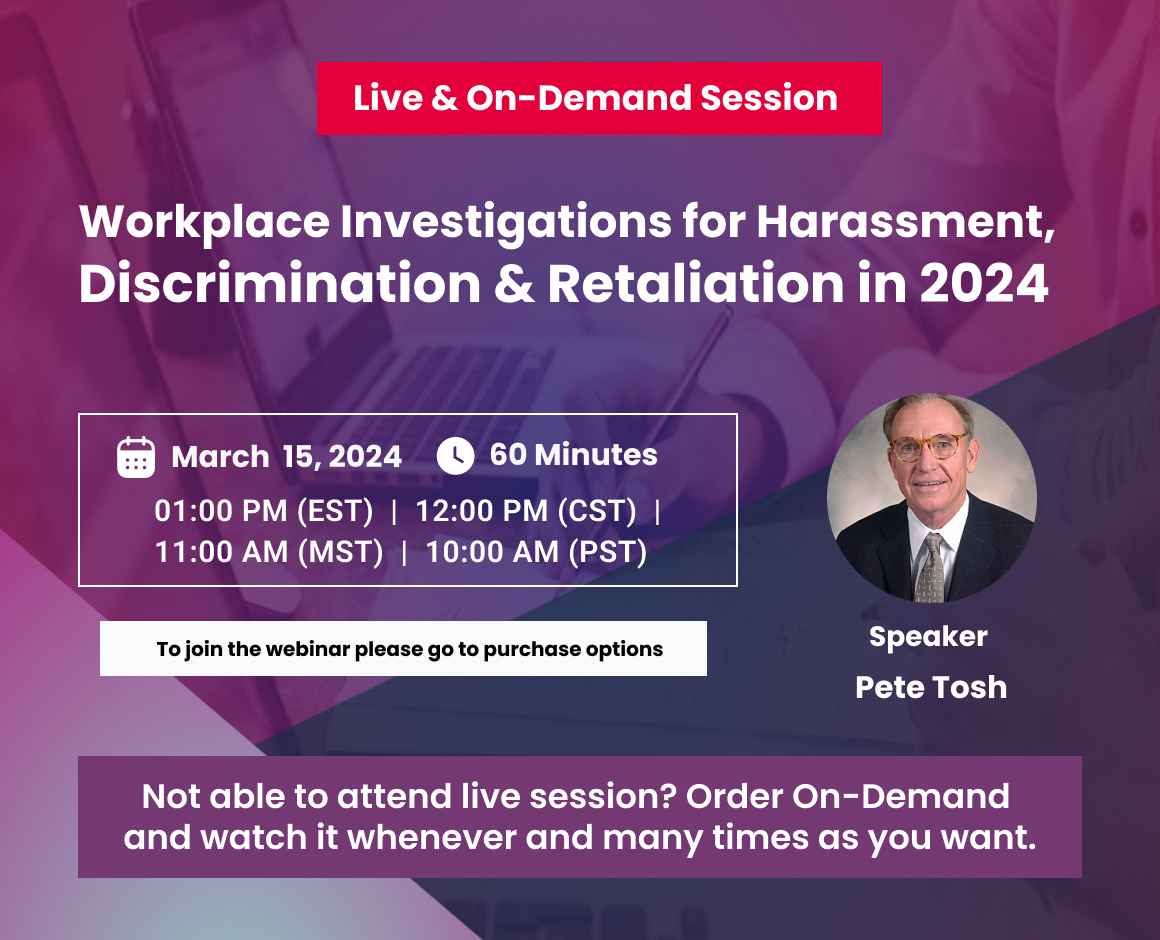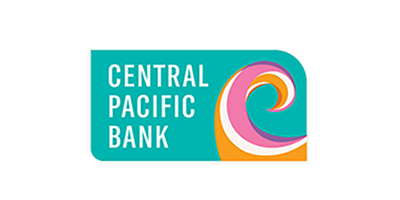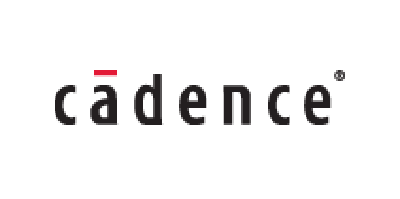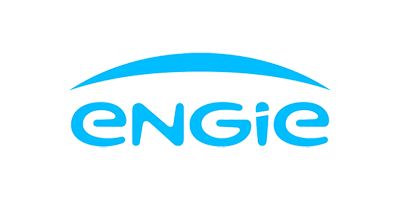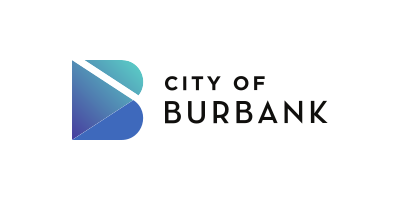How to Conduct Workplace Investigations in 2024
Internal investigations are fact-findings initiatives conducted to uncover the truth about alleged misconduct. And this must be done without compromising the relationship with employees or unnecessarily damaging anyone's reputation. All of which require planning, consistent execution, analytical skill, and an understanding of the legalities involved.
Employers are legally mandated to investigate harassment, discrimination, retaliation, safety, and certain other types of complaints. And good investigators first create a plan that includes:
• What is the objective?
• Who will be interviewed?
• What will be investigated?
• What evidence needs to be collected?
Workplace investigations are crucial when it comes to establishing a safe and welcoming work environment. However, these investigations are often complex and can involve navigating sensitive topics and disputes.
A poorly conducted internal investigation can cost a company financially and damage its reputation, not to mention the reputation of the person tasked with overseeing such a probe. Some of the common mistakes made include:
• Failing to plan
• Delaying an investigation
• Not remaining objective
• Using aggressive interviewing tactics
• Not conducting a thorough investigation
• Failing to reach a conclusion with a written report
Conducting workplace investigations is one of the most challenging duties that HR professionals and other managers must face due to today’s workforce demographics, new employment laws, employees being more aware of their rights – a quagmire of potential landmines - and many managers not trained to do so.
Employers must demonstrate fairness when conducting workplace investigations. and investigations should be thorough and well-documented before an employer takes any action. Additionally, effective workplace investigations need to be guided by the following principles:
• Neutrality—HR and other personnel involved in an investigation must be detached from an incident, remain objective, have no personal stake in the outcome, and give all employees involved the opportunity to provide their version of the incidents.
• Thoroughness—To ensure that the proper decision is made investigators must be thorough in uncovering all the necessary information while asking detailed questions during interviews
• Timeliness—Once an investigation is triggered, investigators must act promptly to avoid further acts of wrongdoing with any disciplinary action administered in a timely manner to avoid legal issues.
What You Will Learn:
• Recognizing the Situations Where an Internal Investigation May be Warranted
• Our Role When Conducting Investigations
• Information to Obtain to Determine the Best Approach to the Investigation
• Determining Who Should be Interviewed
• Utilizing an Introductory Interview Guide
• Following a Proven Interview Methodology
• Utilizing an Investigatory Interview Questionnaire
• Closing the Interviews
• Preparing an Investigatory Findings Report
Why You Should Attend
An internal investigation is a formal inquiry to determine whether workplace policies or regulatory practices have been violated. Investigations can follow a:
• a complaint
• allegation
• suspicion of misconduct
• fraud
• harassment accusations
• or many other reasons covered by federal, state, and/or local employment laws.
The goal of any internal investigation is to obtain a straightforward view of the facts:
• what happened
• when it happened
• who was responsible
• who may have been harmed
• what actions may be necessary to prevent the alleged wrongdoing from reoccurring
Internal investigations assist organizations in gathering information, fashioning defenses, and crafting remedies. Specifically, internal investigations are useful for organizations to identify where there are needs for remediation.
The final investigative report should include:
• The incident investigated, with dates
• The individuals involved
• Key factual findings
• Applicable employer policies
• Interviewees’ statements
• Conclusions
• Issues that could not be resolved
• Employer’s follow-up action
It is critical to investigate an allegation quickly. Stretching an investigation out over a lengthy period tells employees the alleged misconduct is not important. And as time goes by, it becomes more difficult to collect evidence and get witnesses to talk, details are forgotten, and documents disappear.
And if the organization terminates or disciplines an employee and that person files a lawsuit or complaint the investigation report will be critical in protecting the company in court. While every complaint is unique, having a well-defined, consistent process in place can ward off future lawsuits.
Who will Benefit
- HR Managers
- Any line managers
- HR Professionals
- Supervisors
- Company Leadership

